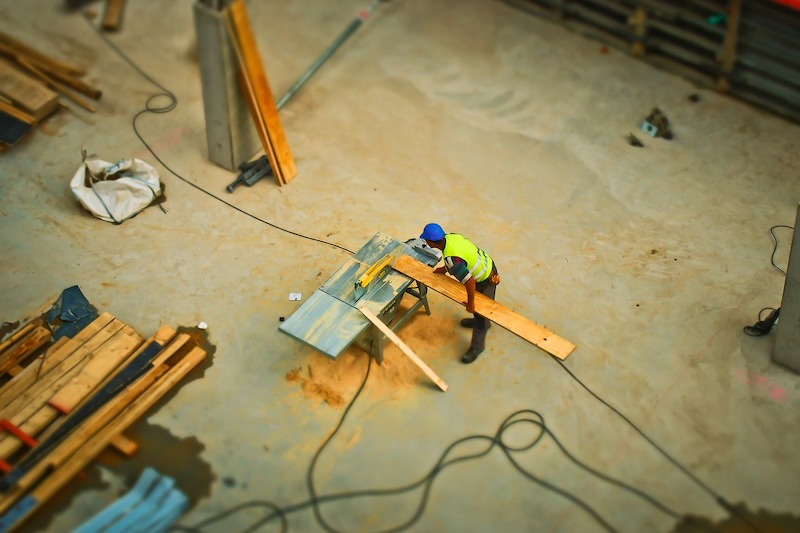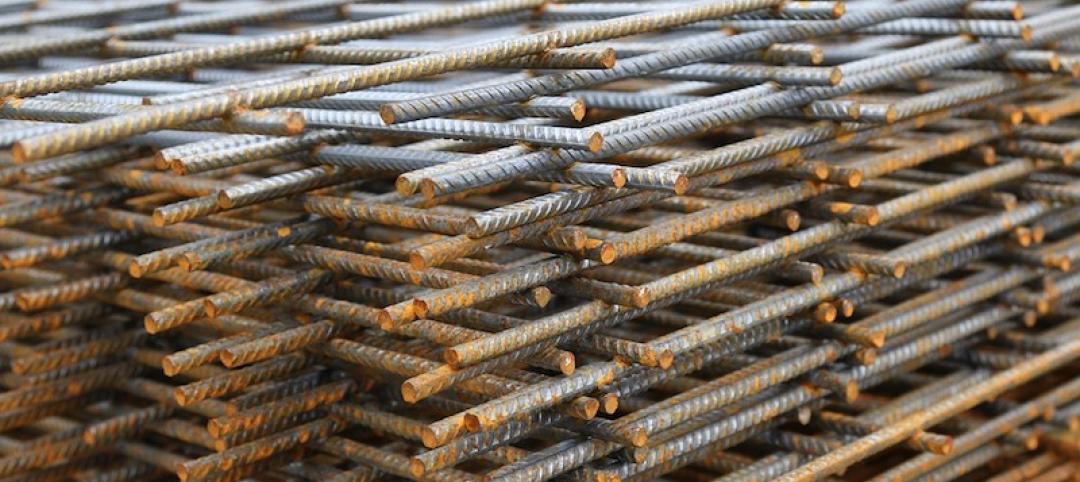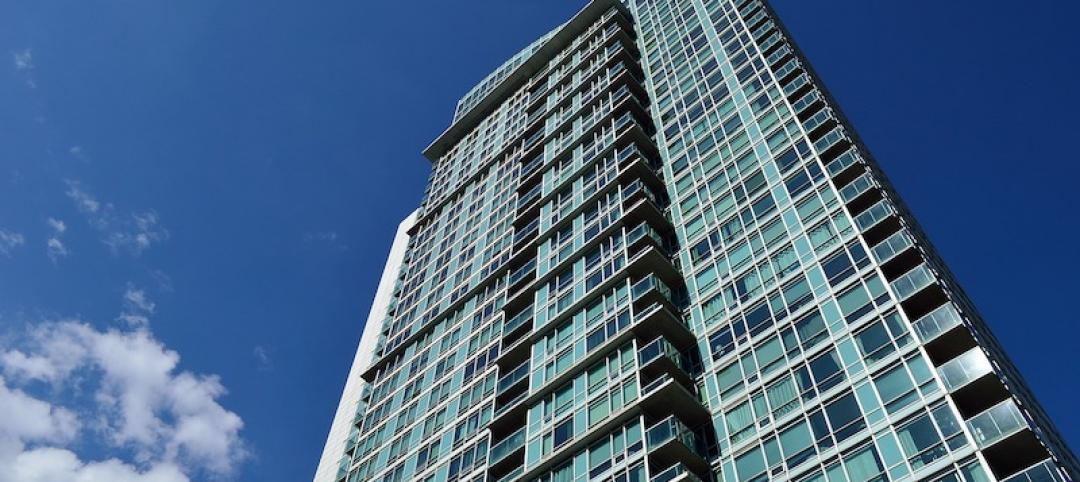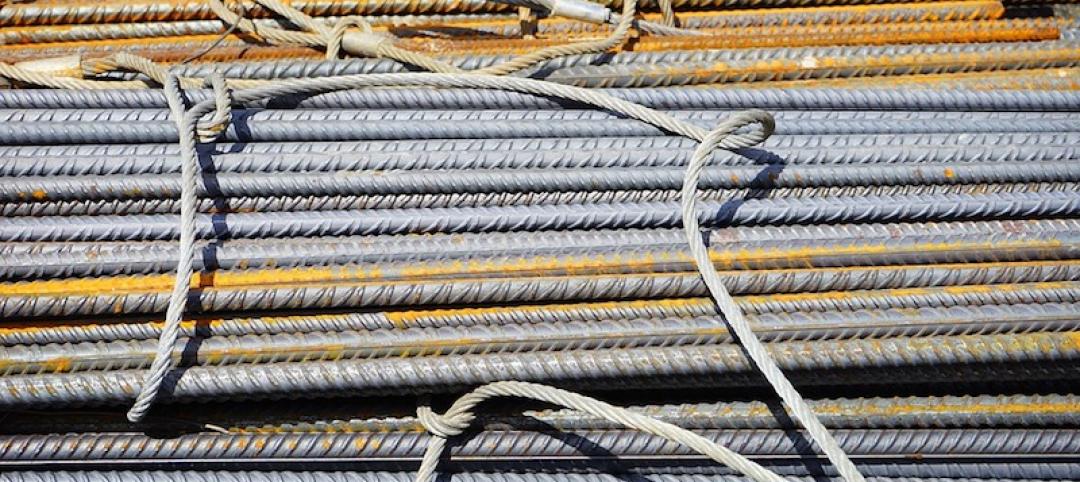Unprecedented price increases for a wide range of goods and services used in construction pushed up contractors’ costs by a devastating 26.3% from June 2020 to June 2021, according to an analysis by the Associated General Contractors of America of government data released today. Association officials cautioned that rising materials prices are making it difficult for many construction firms to benefit from the re-opening of the economy, undermining the sector’s ability to add new, high-paying jobs.
“Contractors have been pummeled in the past year by cost increases, supply shortages, and transport bottlenecks,” said Ken Simonson, the association’s chief economist. “Meanwhile, falling demand for many types of projects meant contractors could not raise bid prices enough to recoup these expenses.”
The producer price index for new nonresidential construction—a measure of what contractors say they would charge to erect five types of nonresidential buildings—rose only 3.4% over the past 12 months. That was a small fraction of the 26.3% increase in the prices that producers and service providers such as distributors and transportation firms charged for construction inputs, Simonson noted.
There were double-digit percentage increases in the selling prices of materials used in every type of construction. The producer price index for lumber and plywood doubled from June 2020 to last month, although prices for lumber have declined since the index was computed. The index for steel mill products climbed 87.5%, while the index for copper and brass mill shapes rose 61.5% and the index for aluminum mill shapes increased 33.2%. The index for plastic construction products rose 21.8%. The index for gypsum products such as wallboard climbed 18.0%. The index for prepared asphalt and tar roofing and siding products climbed 12.1%, while the index for insulation materials rose 10.1%.
In addition to increases in materials costs, transportation and fuel costs also spiked. The index for truck transportation of freight jumped 15.4%. Fuel costs, which contractors pay directly to operate their own trucks and off-road equipment, as well as through surcharges on freight deliveries, have also jumped.
Association officials urged Congress and the Biden administration to act quickly to address rising materials prices. They repeated their calls for the president to remove tariffs on key construction materials, including steel and aluminum. They also urged Washington officials to explore other short-term steps needed to improve the supply chain for key construction materials.
“Construction firms will have a hard time adding new staff while they are paying more and more for many of the products they need to build projects,” said Stephen E. Sandherr, the association’s chief executive officer. “Washington officials can take steps that are likely to have an almost immediate impact on materials prices, but they need to act.”
View producer price index data. View chart of gap between input costs and bid prices.
Related Stories
Market Data | Aug 13, 2018
First Half 2018 commercial and multifamily construction starts show mixed performance across top metropolitan areas
Gains reported in five of the top ten markets.
Market Data | Aug 10, 2018
Construction material prices inch down in July
Nonresidential construction input prices increased fell 0.3% in July but are up 9.6% year over year.
Market Data | Aug 9, 2018
Projections reveal nonresidential construction spending to grow
AIA releases latest Consensus Construction Forecast.
Market Data | Aug 7, 2018
New supply's impact illustrated in Yardi Matrix national self storage report for July
The metro with the most units under construction and planned as a percent of existing inventory in mid-July was Nashville, Tenn.
Market Data | Aug 3, 2018
U.S. multifamily rents reach new heights in July
Favorable economic conditions produce a sunny summer for the apartment sector.
Market Data | Aug 2, 2018
Nonresidential construction spending dips in June
“The hope is that June’s construction spending setback is merely a statistical aberration,” said ABC Chief Economist Anirban Basu.
Market Data | Aug 1, 2018
U.S. hotel construction pipeline continues moderate growth year-over-year
The hotel construction pipeline has been growing moderately and incrementally each quarter.
Market Data | Jul 30, 2018
Nonresidential fixed investment surges in second quarter
Nonresidential fixed investment represented an especially important element of second quarter strength in the advance estimate.
Market Data | Jul 11, 2018
Construction material prices increase steadily in June
June represents the latest month associated with rapidly rising construction input prices.
Market Data | Jun 26, 2018
Yardi Matrix examines potential regional multifamily supply overload
Outsize development activity in some major metros could increase vacancy rates and stagnate rent growth.
















